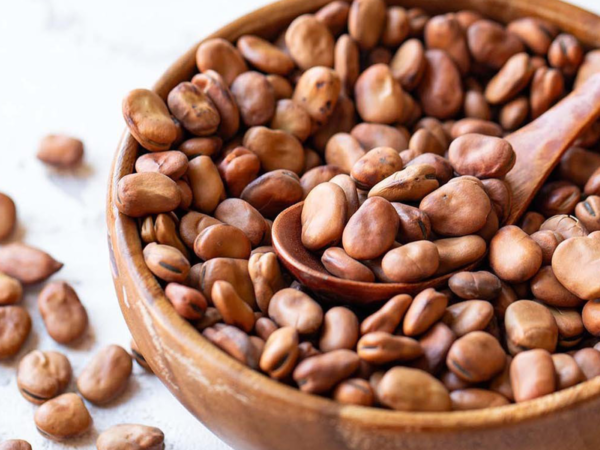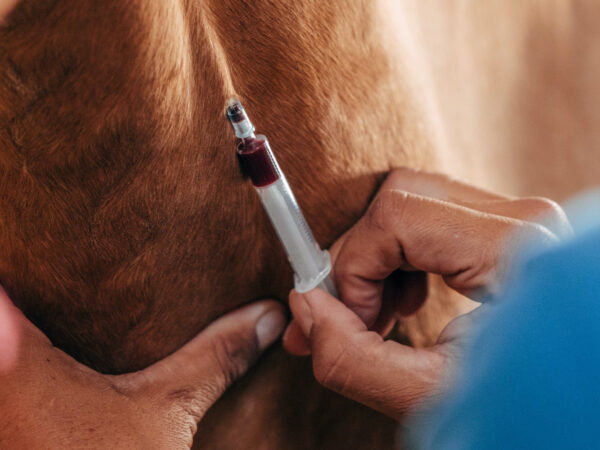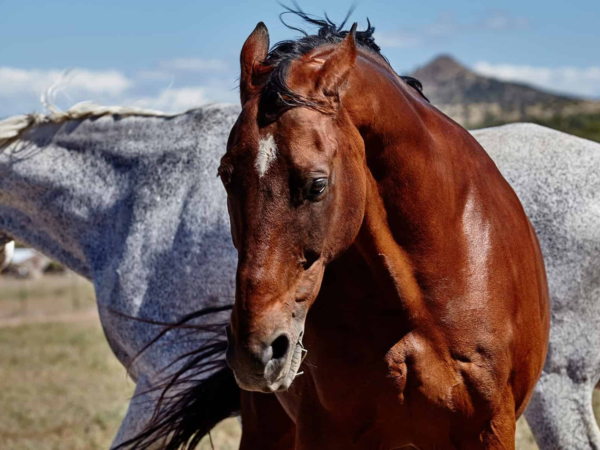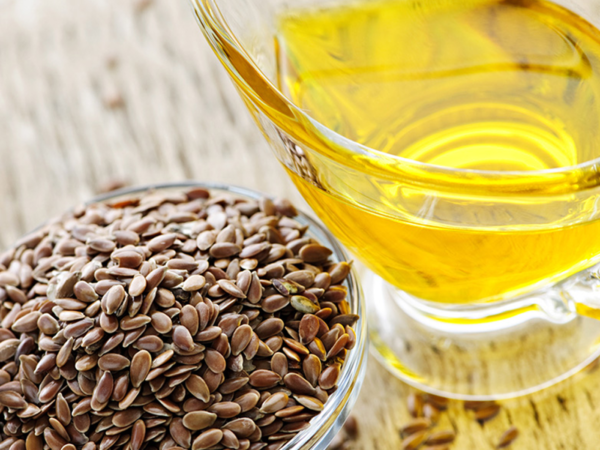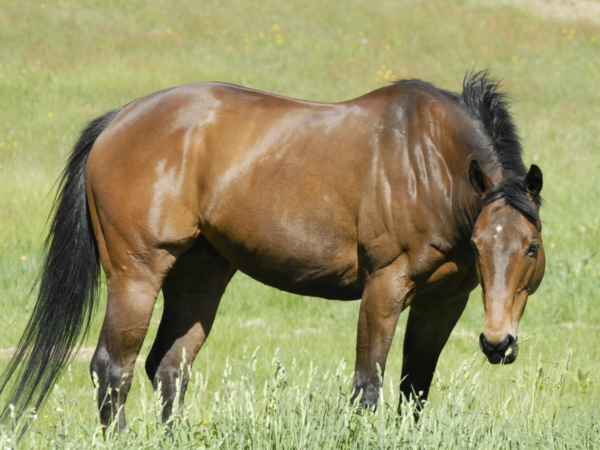FABA BEANS for Horses (Tick Beans) – Equine Superfood
Recent research highlights Faba Beans’ distinct nutritional profile, along with their prebiotic, antioxidant and anti-inflammatory properties, which can significantly enhance horse health and performance.
Oil Type Influences Red Blood Cells
The Research On Omega 3 Oil Compared to Omega 6 Oil In a recent landmark study (1), compared the effect of two oil types – One oil type High in Omega 3 (57%) and one oil type Low in Omega 3 (8%) – A 40 horse test population (20 mares and 20 stallions) received 25mL…
Control The Uncontrollable – CEN Frisky Mare Benefits
The new release CEN Frisky Mare supplement is formulated to help maintain the hormonal balance of mares and to help address specific behavioral concerns in horses.
Is Your Oil Really Cold Pressed?
You’ve seen the phrases “Cold Pressed” and/or “First Cold Pressed” on the labels of Flaxseed Oil for horses… but do you know what they actually mean? Let’s reveal the truth behind both phrases so you can make an informed choice when reading a label and choosing a safe Flaxseed Oil for your horse. Is Flaxseed…
Understanding and Managing Diarrhea in Horses
Diarrhea is a common digestive disorder affecting horses, can be a concerning and discomforting issue for all horse owners. While some cases of diarrhea may be mild and transient, others can pose serious health risks if left untreated.
The Secret Weapon Against Lactic Acid in Horses!
Beta-alanine is a non-essential amino acid that has been found to improve exercise performance in horses. This article will discuss beta-alanine and its effects on performance horses.
MUSCLE FIBRES IN HORSES
The muscle fibre types of horses are determined by the type of nerve supply to the muscles during their development. During training, however, some types of work can enlarge the muscles. These include long, slow work and power work. This article will help you understand the effects of training on muscle fibres in horses. This…
RAIN SCALD IN HORSES – THE CAUSE, SYMPTOMS AND MANAGEMENT
In This Article:What is rain scald?Signs & symptoms of rain scaldHow can nutrition help prevent rain scald? WHAT IS RAIN SCALD? Have you ever noticed that your horse’s coat looks a little worse for wear after a big downpour? The matted clumps of hair and crust is known as Rain Scald. Rain Scald is caused…

